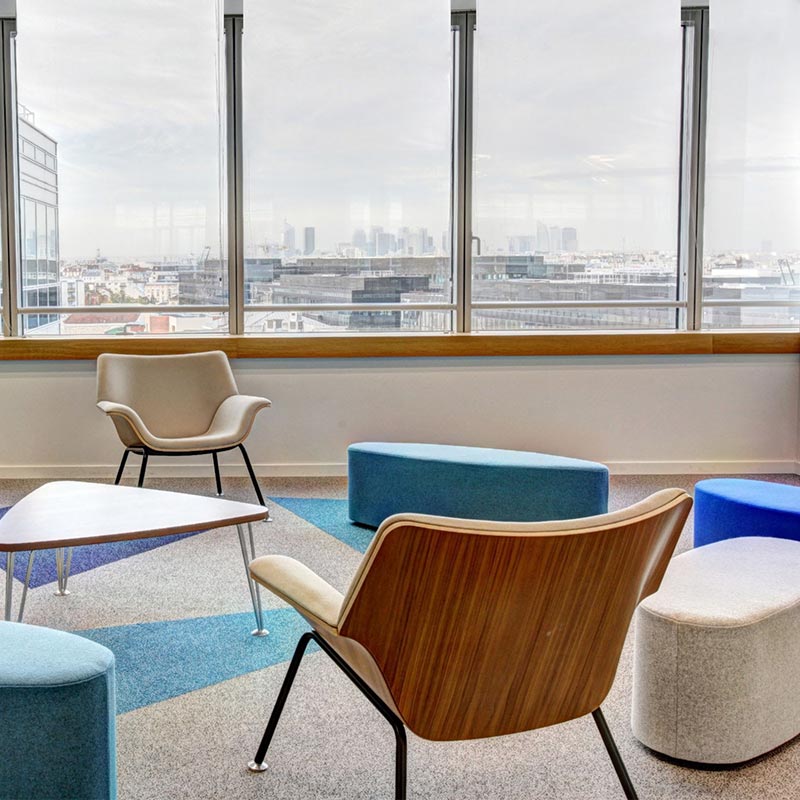School of Built Environment and Development Studies, University of KwaZulu-Natal
TrustAfrica, under the administration of the School of Built Environment and Development Studies, University of KwaZulu-Natal, Durban, South Africa is pleased to announce 2 Post-Doctoral Fellowships for 2015. The fellowship awards are for R200,000 per annum and there is the possibility for a maximum of 2 years. The selected fellowships will be attached to the DST/NRF Research Chair (SARChI) in Applied Poverty Reduction Assessment, held by Professor Sarah Bracking. Funding for two fellowships has been made possible by TrustAfrica.
The post-doctoral fellows who receive these fellowships will work in the economic justice and wealth accountability focus area of the Chair and they will be supervised by Professor Bracking.
Research Topics:
The purpose of the Chair is to promote and undertake research on government, private sector and civil society interventions that have been designed to reduce poverty. The two TrustAfrica fellowships will follow research topics around the political economy of illicit financial flows. The illicit financial flows research and advocacy agenda is now approaching a decade old, dating back to Baker’s seminal book (2005). Today the topic has received some successes including the appointment of a High Level Panel at the African Union and corresponding policy statements, however, there are still clear knowledge gaps. In particular the research methodologies, research designs and priorities for advocacy are heavily drawn from American and European sources, and the specificities of the African context remain limited in its research. While we know global estimates for illicit flows drawn from trade statistics, the means by which the structure of the political economy is maintained in Africa to generate these goods and services, some of course fictitious, is not well understood. For example, the professional service industries such as lawyers, auditors, banks, accountants, are heavily involved in the facilitation and generation of illicit financial
flows but how they do this is not widely known. In terms of some mechanisms of this political economy, there is a need to develop new research methodologies which can meet the challenge of opacity and economic justice.
Thus the overall objective is to create an indigenous knowledge system on illicit financial flows sustainable in an African context. This means that this is an exciting opportunity for the truly imaginative and gifted researchers to undertake blue skies research in the area of illicit financial flows and economic justice more broadly within the discipline of political economy at its investigative and methodological frontiers. The successful applicants will have completed (or submitted) their Doctoral work; will have a social science, legal or management background, such as in economics, political economy, finance, or political science; and be excited and committed to work on illicit financial flows. Their performance will be at a prior exceptional standard in order to develop this research agenda and commensurate research methodologies under the mentorship of Professor Sarah Bracking for a period of two years, renewable on review at the end of year one if satisfactory progress has been made.
Fellowship Award Criteria:
The following eligibility criteria apply:
- Applicants must have completed the doctoral degrees within the last five years;
- Fellowships are open to South African citizens and permanent residents;
- Outstanding international candidates from outside South Africa, who wish to undertake postdoctoral research in South Africa are eligible for support;
- Fellowships are awarded on a competitive basis, taking into account applicants’ academic achievements, outputs and research potential.
- Applicants who are applying for a third cycle of postdoctoral research support are not eligible
- Full-time employees of Higher Education Institutions (HEIs) are not eligible to apply.
- All fellowship awards should be held as primary funding towards the research study.
- Fellowships must not be held simultaneously with a fellowship from any other source.
- Fellows must not hold full-time salaried employment during the tenure of the fellowship.
- All fellows will be allowed to undertake a maximum of 12 hours of teaching, tutorials, assistance or demonstration duties per week on average, and may be remunerated for these duties, provided that they are reimbursed at a rate not exceeding the normal institutional tariff for services rendered.
- Fellows will be expected to be proximate to the University for at least 80 per cent of the period of the Fellowship.
In addition to this fellowship application, selected applicants are required to be accepted and registered in the discipline of Development Studies.
Post-Doc Fellowship Award applications should consist of:
1. A letter of motivation;
2. A summary research proposal of 2 pages;
3. A C.V. ;
4. Full academic records; and
5. The contact details of two academic referees.
In addition to the fellowship, successful applicants will also receive support for field work and conference attendance.
Preference will be given to South African applicants.
The deadline for bursary applications is October 15th 2015.
Applications should be submitted to: Mrs Kathleen Diga (digak@ukzn.ac.za) and Prof Bracking (bracking@ukzn.ac.za), using the header: TrustAfrica UKZN post-doc application 2015.
For further information please see:
http://sobeds.ukzn.ac.za/Homepage.aspx
http://www.appliedpovertyreduction.com






